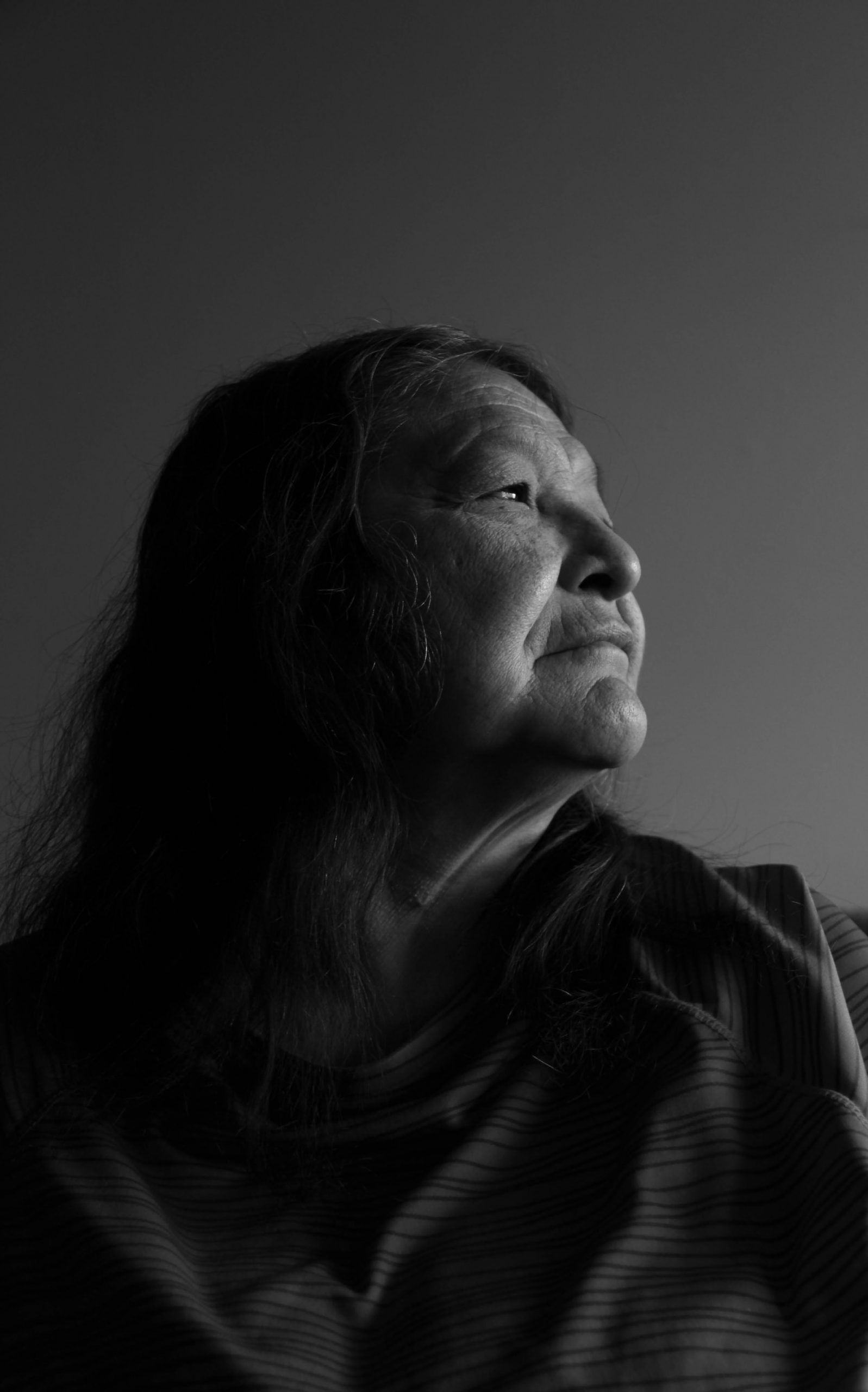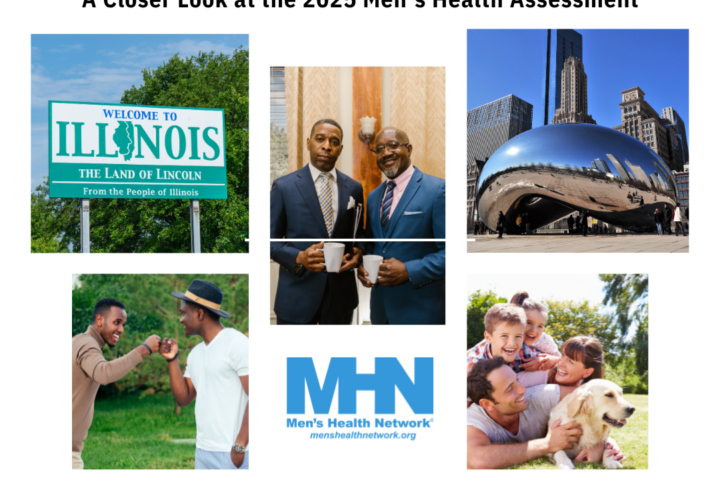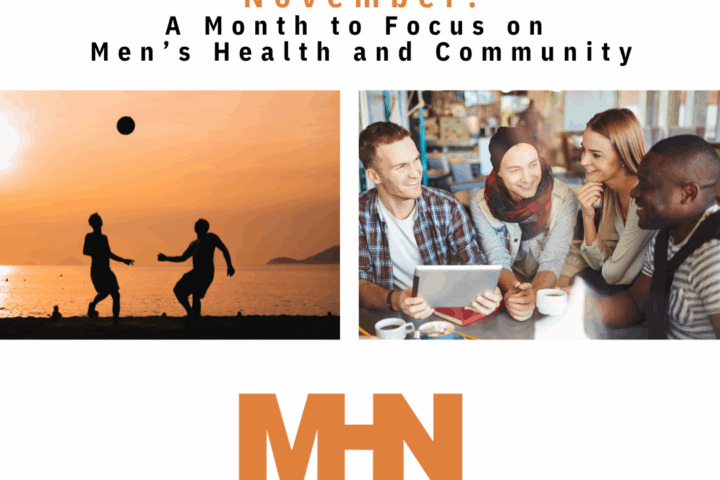COVID-19 is hitting some communities hard, and a cluster of factors puts Native Americans at especially high risk.
Among those factors: multi-generational families living under one roof and, in some cases, limited access to running water or power, says Jessica Atwell, infectious disease epidemiologist with the Johns Hopkins Center for American Indian Health.
Underlying health conditions, such as diabetes and heart disease, cause even higher risk for Native Americans, Atwell says. Native Americans are 50 percent more likely to have heart disease and twice as likely to have diabetes compared to their white counterparts nationwide.
In part because of these health conditions, Native American and Alaskan Native men have a significantly shorter lifespan than their female counterparts. Work is underway to address these issues, but the process is slow. While an Office of Indian Men’s Health passed as part of the affordable Care Act, no one has been named yet to administer it.
The Patient Centered Outcome Research Institute (PCORI) will announce research funding in August for organizations studying the impact of COVID-19 on vulnerable populations, including Native Americans and Alaskan Natives. The PCORI funding will support research into effective clinical pathways to improve outcomes, as well as effective system- or organizational-level responses to prevent or mitigate COVID-19’s impact on vulnerable groups.
Photo by Taylor Ruecker on Unsplash




